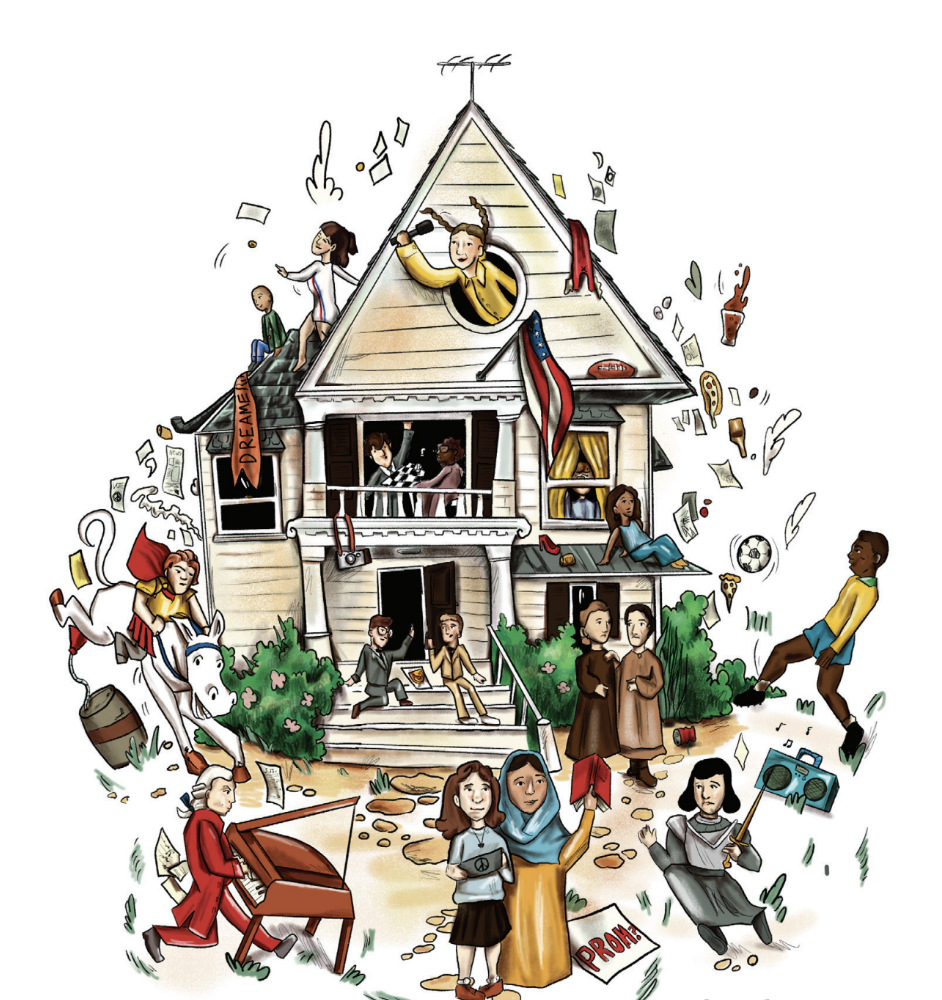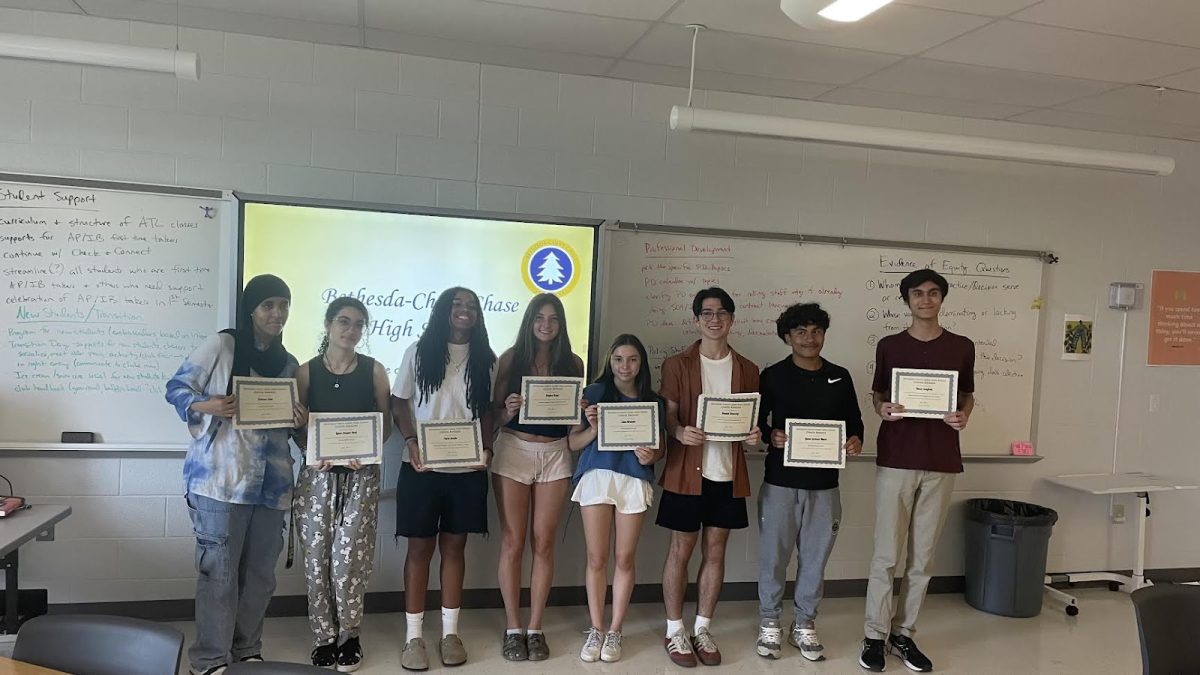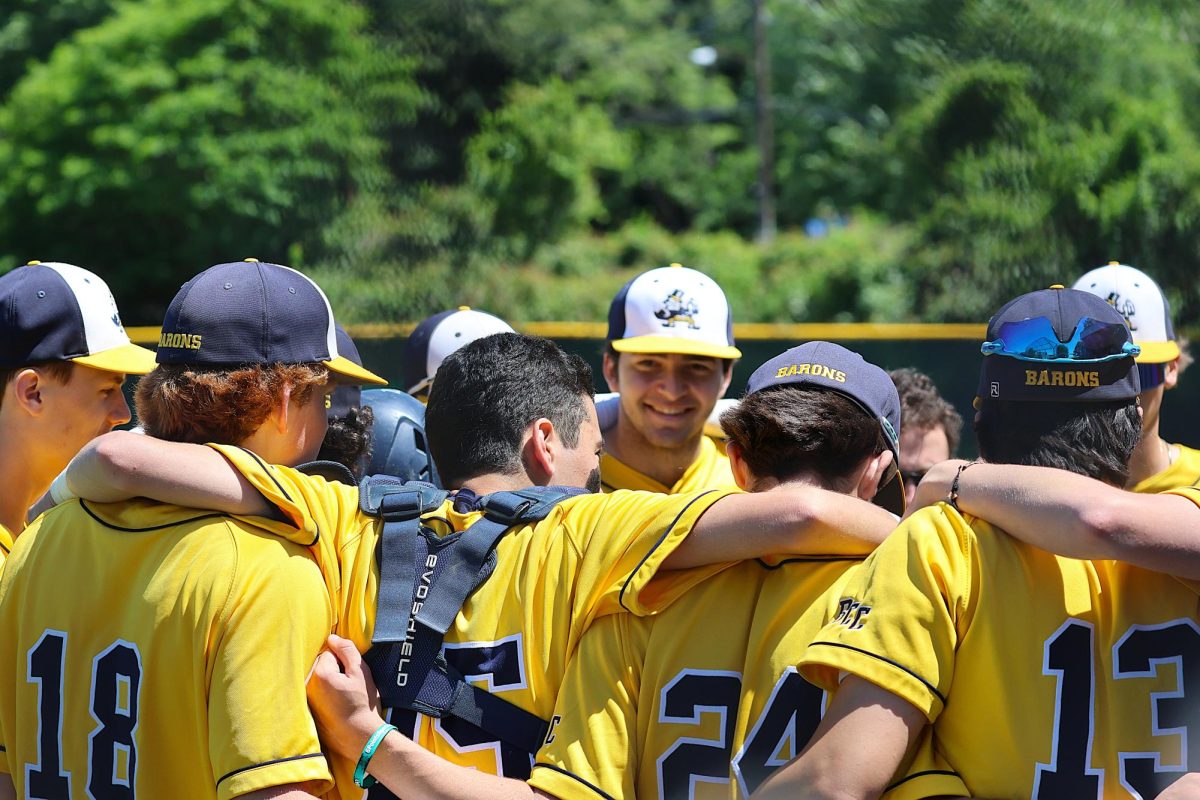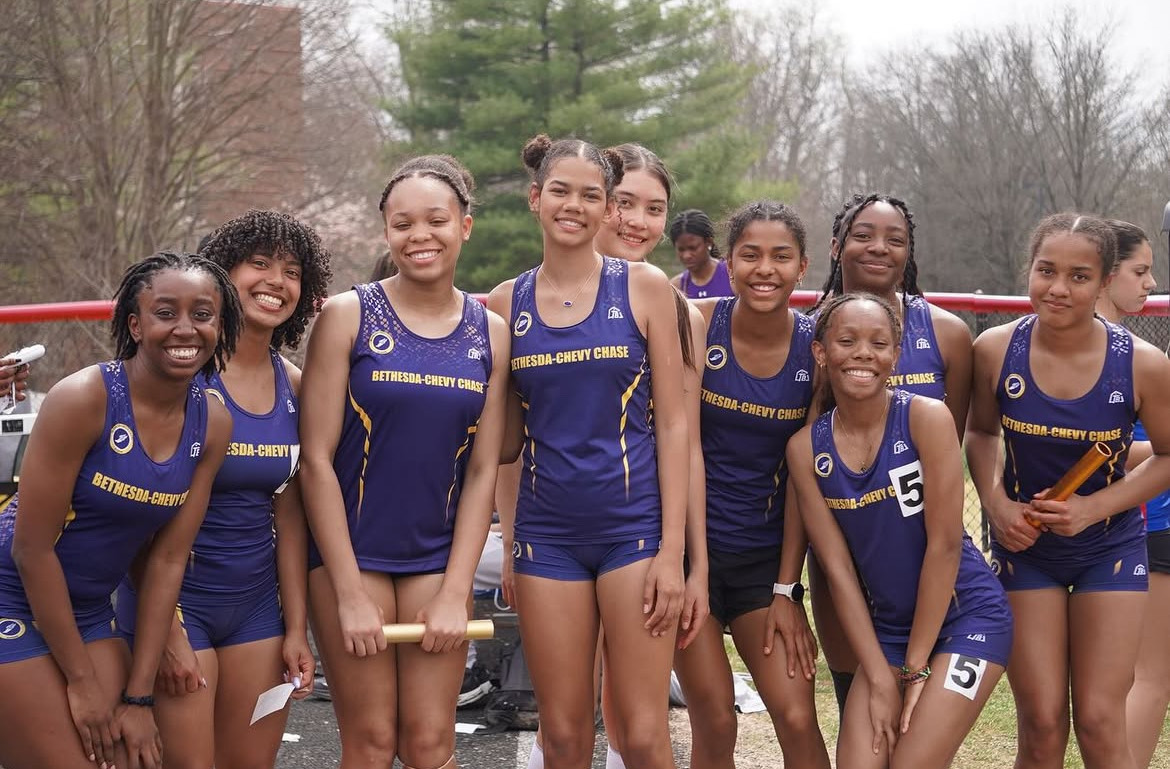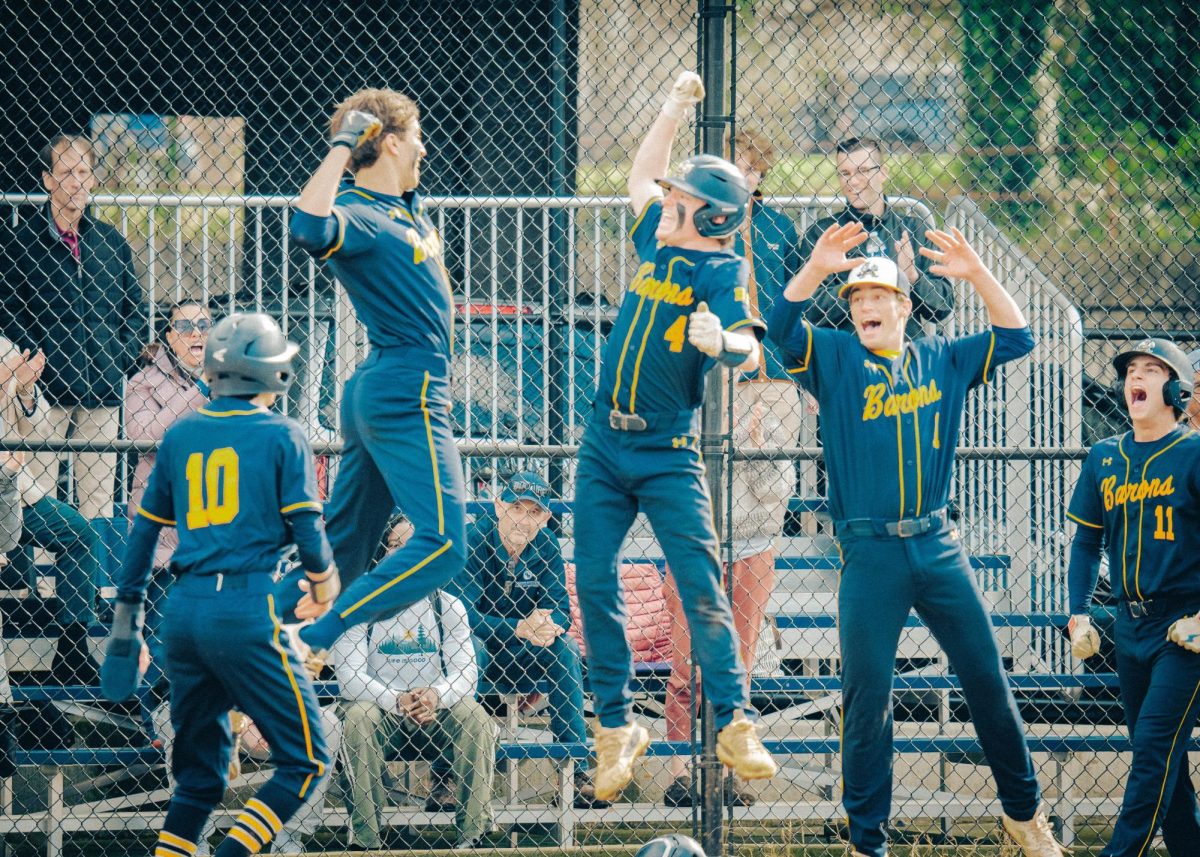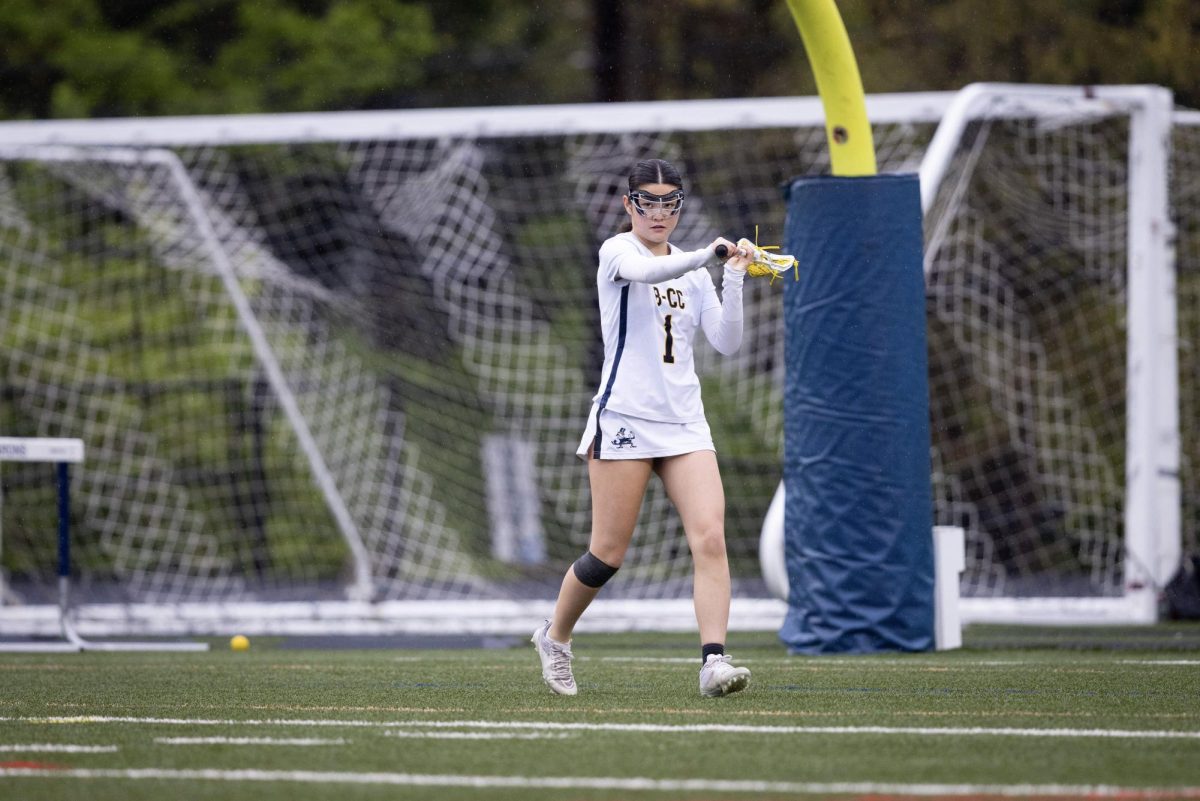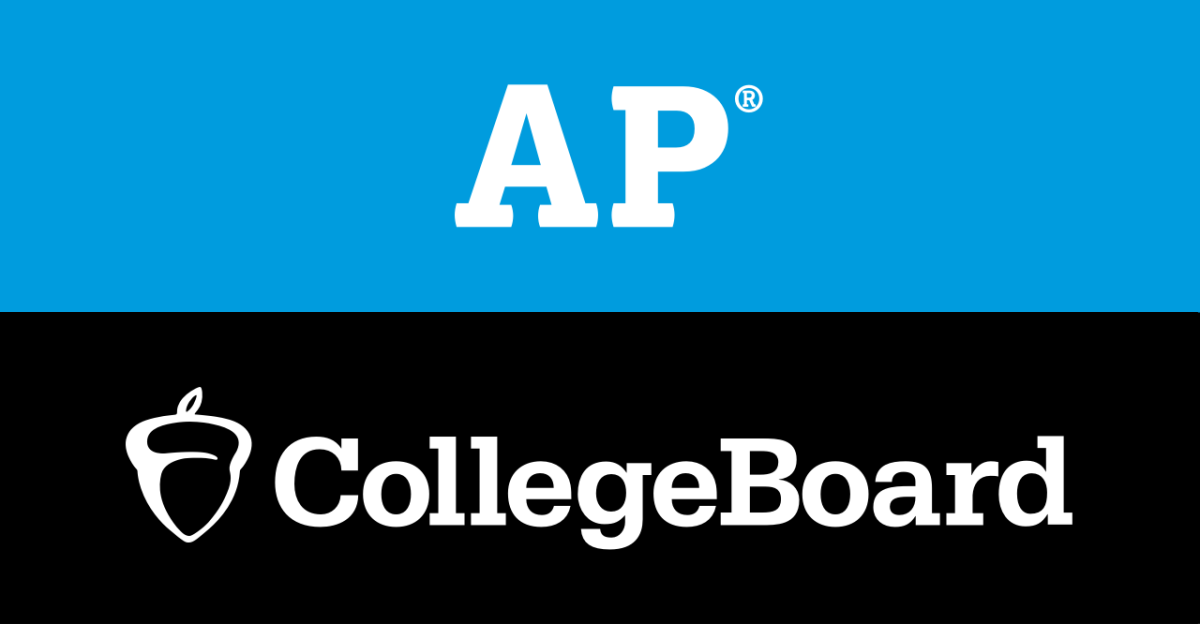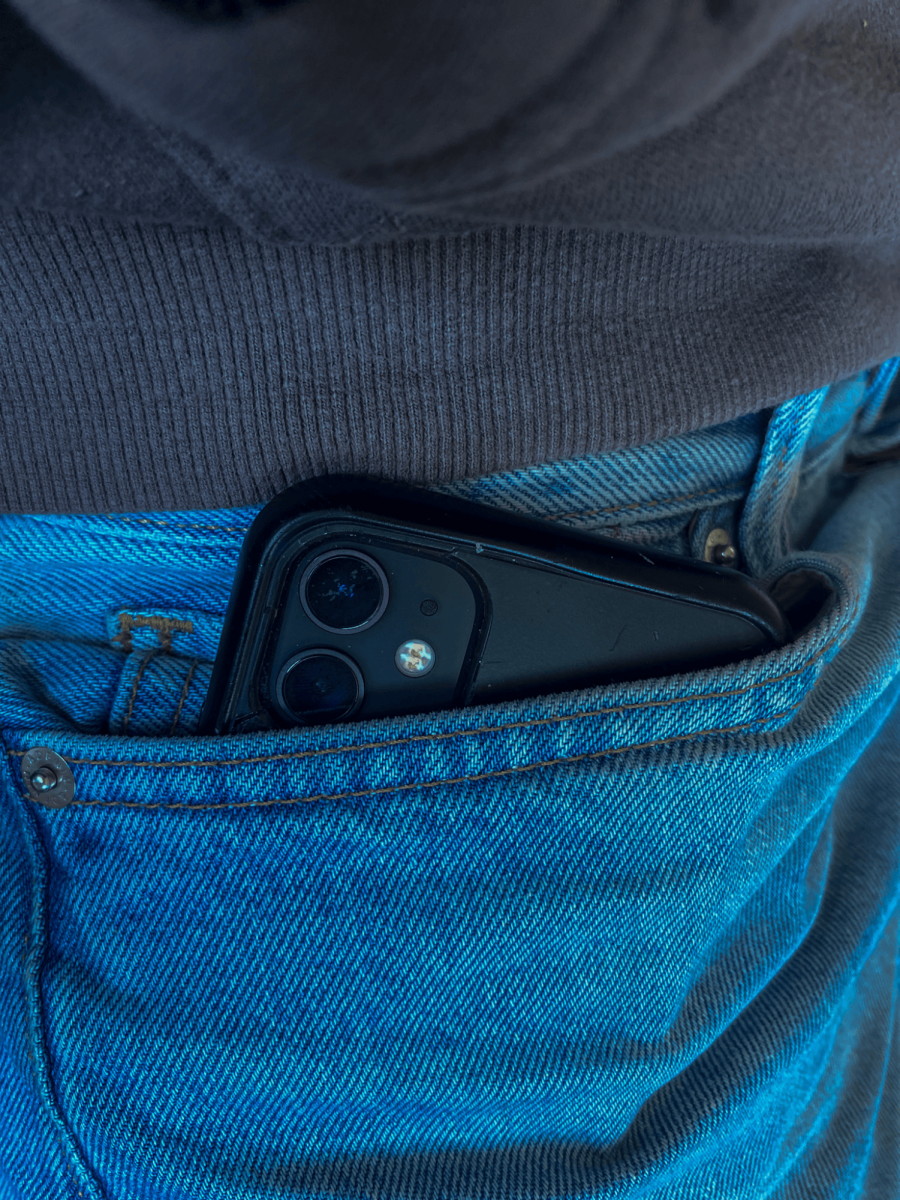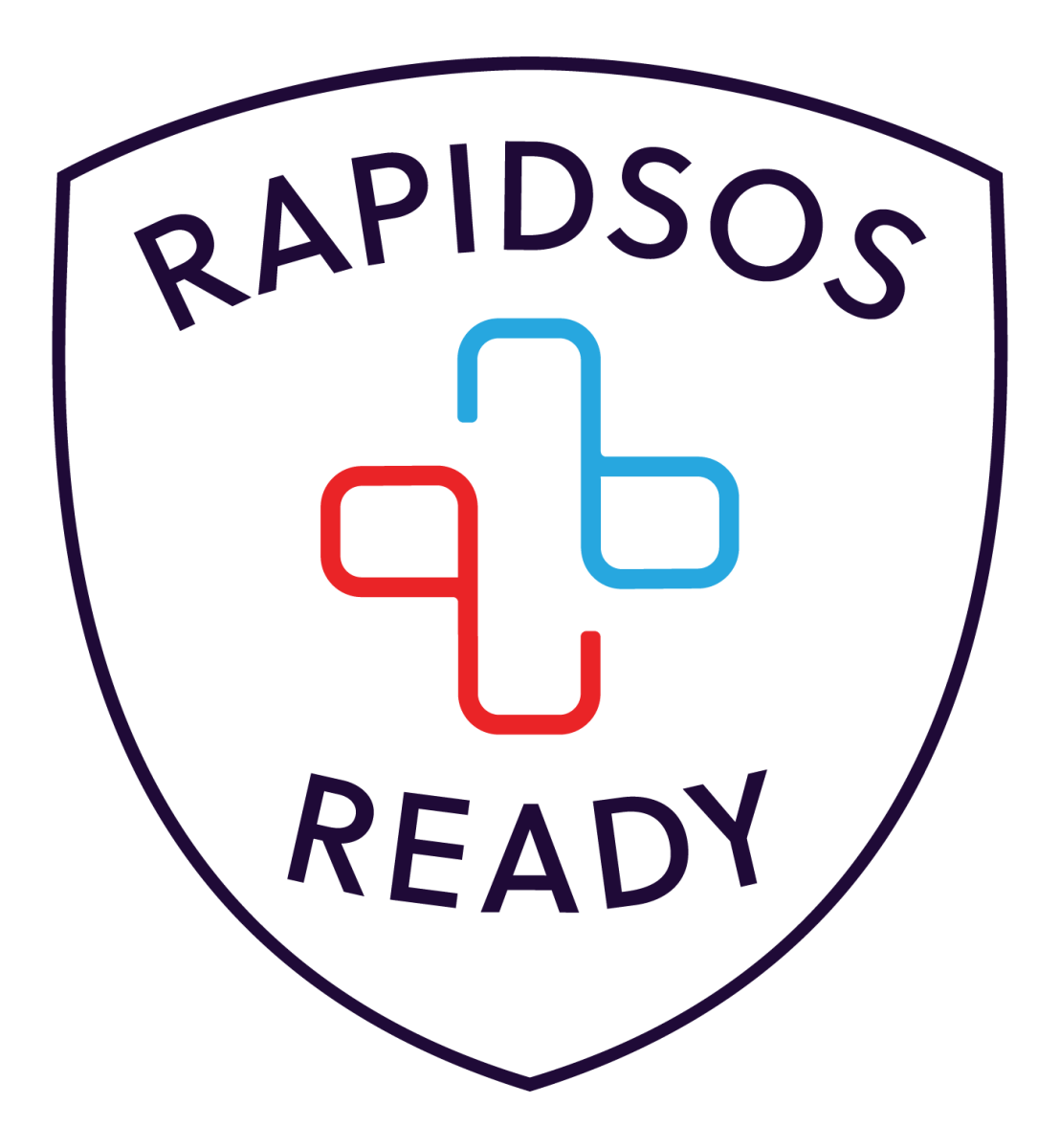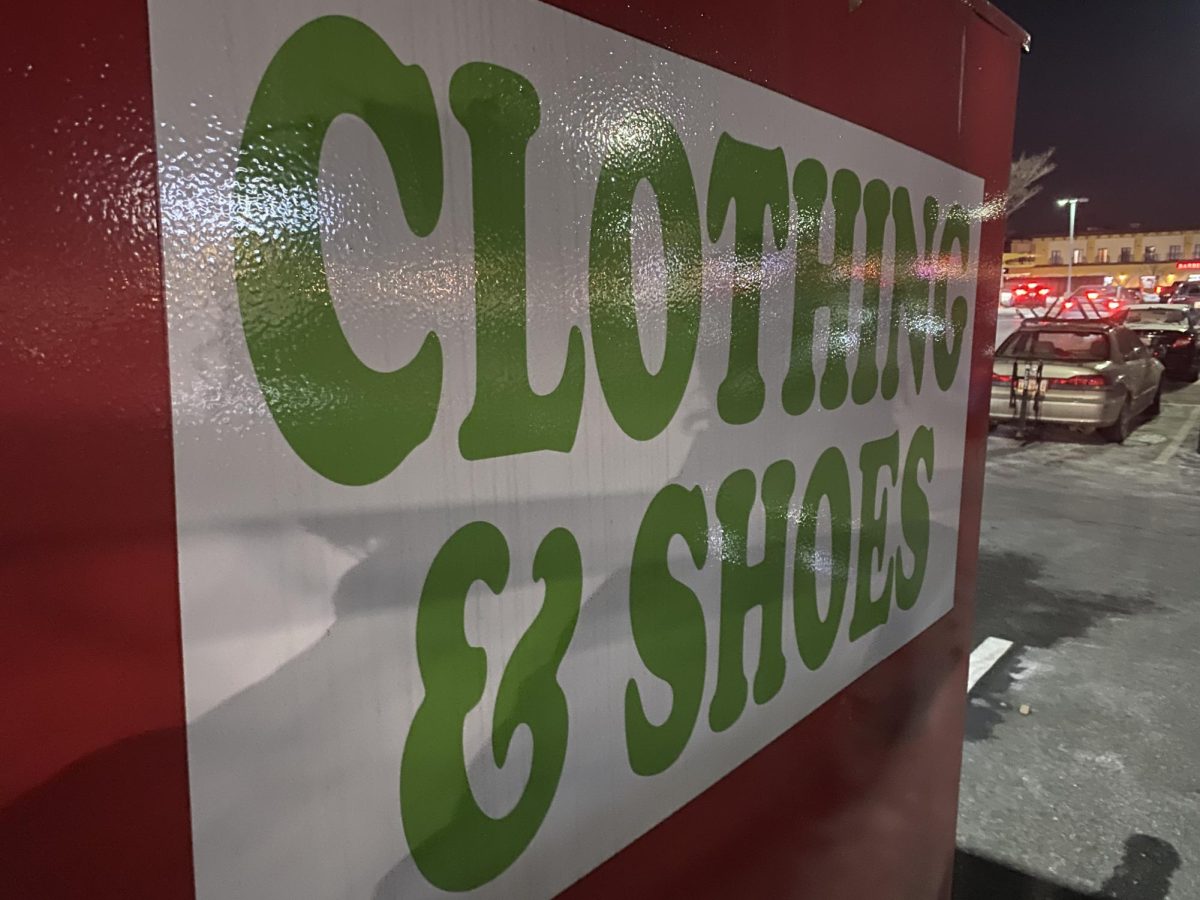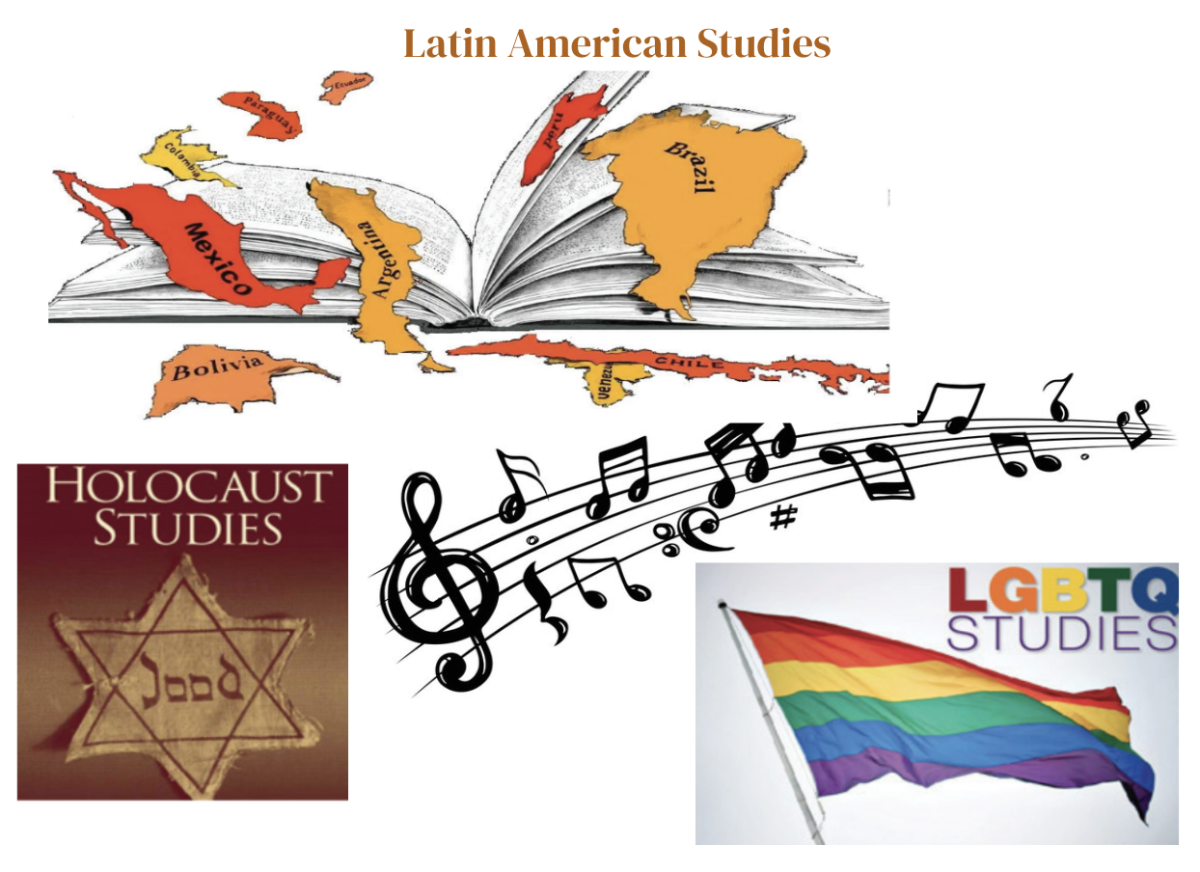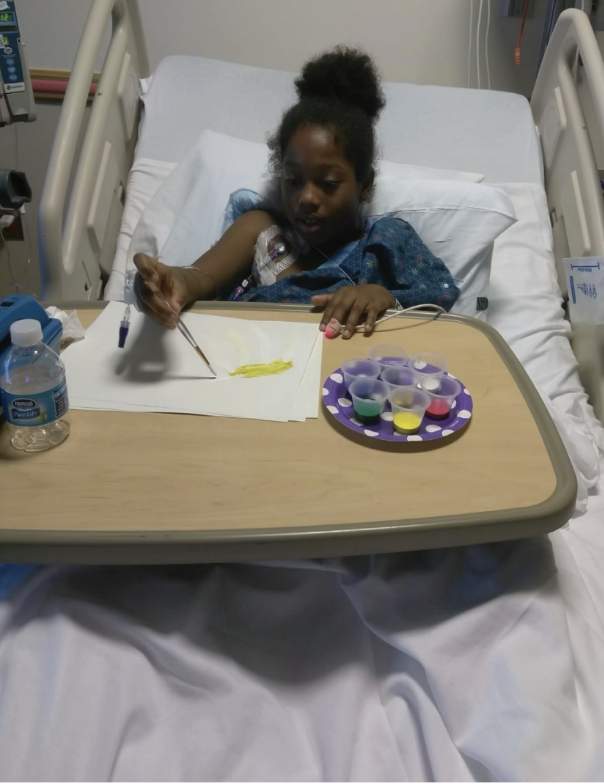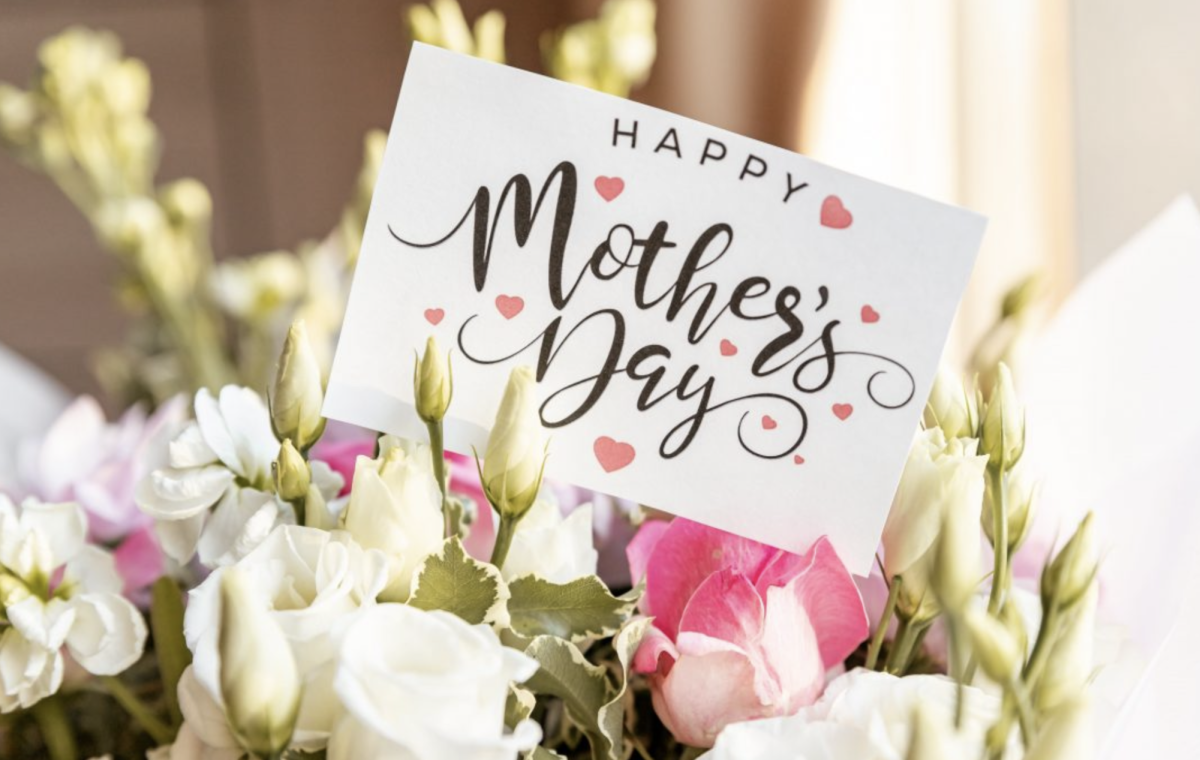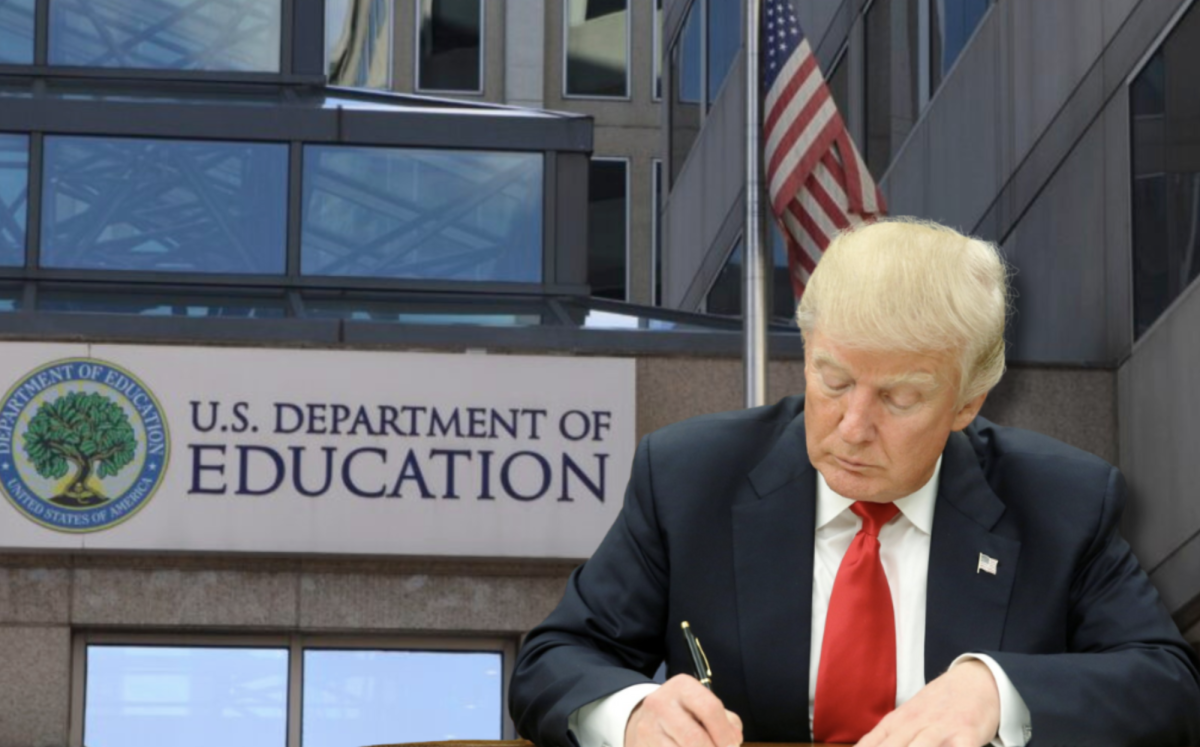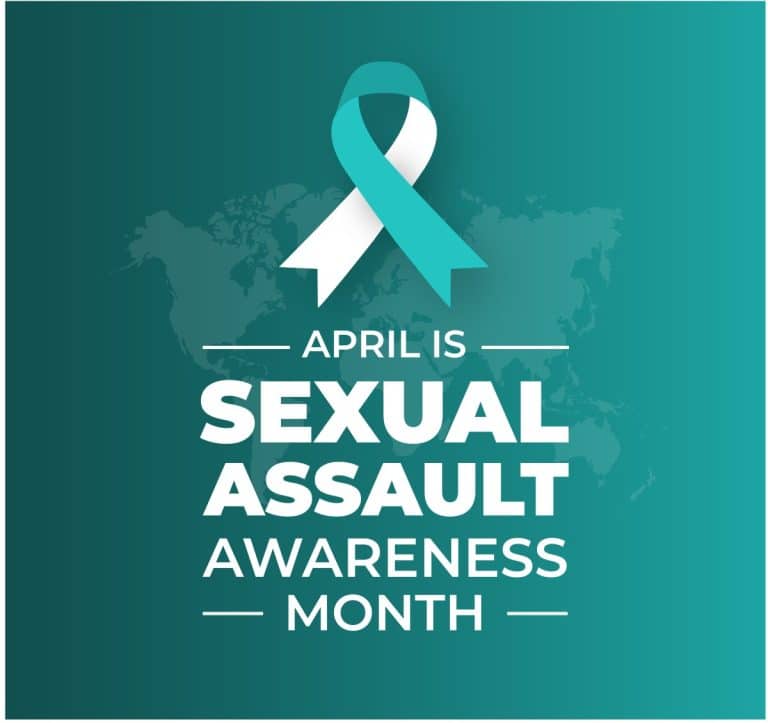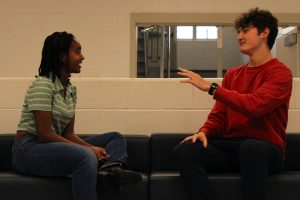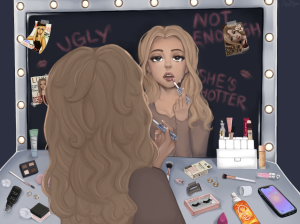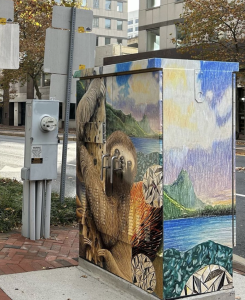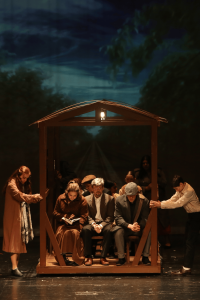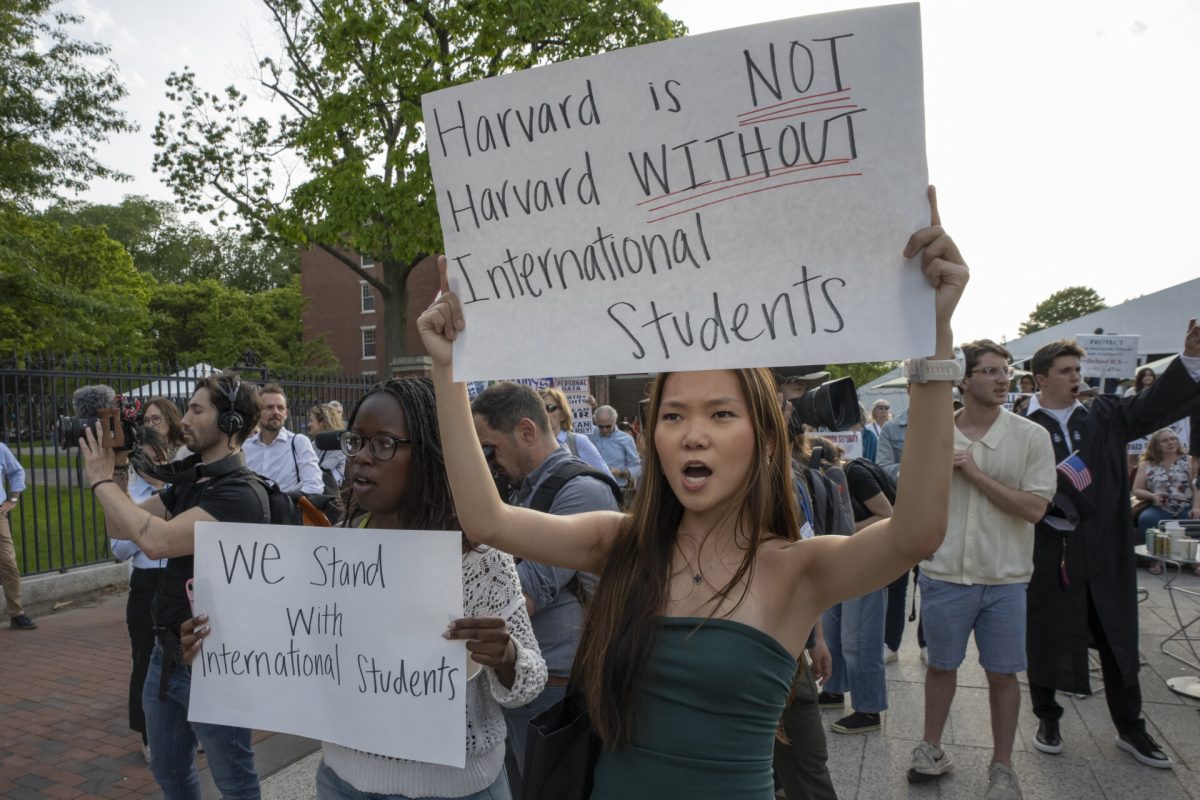Letter to My Pro-SRO Classmate
Our school is far too diverse for that, and the nuanced intersections of students’ identities are too vulnerable to the threat of SRO’s for anyone to simplify this.
October 13, 2022
Dear Clay,
While I share your goal for school safety, I do not believe school resource officers (SROs) are the answer. Do you remember the trial following the Parkland shooting? No, not the one of Nicolas Cruz, the individual who committed the attack. I’m talking about Scot Peterson, the SRO on campus during the shooting.
Attorneys debated whether Peterson’s failure to act during the crisis warranted legal punishment. Peterson wasn’t a “caregiver” so he can’t be held responsible for not acting. Peterson “didn’t know where the shooter was.” Peterson isn’t being charged for “intentionally [acting] in bad faith.” The fact remains that Peterson, who was armed, didn’t subdue the shooter. Furthermore, according to the December 12, 2018 ruling by Federal Judge Beth Bloom, he wasn’t obligated to. It was found that neither the Constitution nor state laws assign police the duty of protecting individuals from harm.
The Uvalde shooting was worse. As elementary school students were murdered, 376 law enforcement officers waited over an hour before entering the building. If the advertised role of SROs, who are extensions of law enforcement, is to protect schools, and they have consistently failed to do so, what is the purpose of SROs?
At best, I think SROs inspire an uncomfortable atmosphere for students who are economically, racially, socially, or religiously marginalized. In the 2018-2019 school year alone, 45% of school-based arrests in MCPS were of Black students, despite Black students representing only 22% of the MCPS student population. Over 79% of the arrests were of students of color.
Countless studies have proven that this disproportionate data stems from the implicit bias and violence of SROs, and MCPS certainly has a history of this. Take, for instance, the decision of Officer Mauricio Veiga, an SRO and veteran of the Montgomery County Police Department, to body-slam a student during Sherwood High School’s 2016 prom. Students like me cannot change the fact that we are seen as Black first, students second. Problems first, victims never.
It doesn’t end at race. 2018-2019 data conveyed that disabled students with individualized education programs (IEPs) constituted 25% of school-based arrests in MCPS, despite comprising only 12% of the MCPS student population. In many of these arrests, SROs didn’t de-escalate the situation or adhere to the legal rights afforded to these students.
SRO training only exacerbates these issues. The 2014–2017 “Countering Violent Extremism” (CVE) program used SROs to target Muslim youth in MCPS by including “prevalent poverty” and “high unemployment rates” as criteria from which future terrorist activity could be predicted. SROs referred “at risk” students and families to “counseling sessions” where they were interrogated about their religious beliefs and political views, violating their civil rights and perpetuating Islamophobia.
Such encounters with SROs traumatize both the student being mistreated and their peers, who can’t take their eyes off the scene unfolding in front of them. They too begin to feel a heightened sense of fear at school, knowing they could be the next student on the receiving end of an SRO’s brutality.
This can not be reduced to “yes SROs” or “no SROs” because it is far too complex for that. Our school is far too diverse for that, and the nuanced intersections of students’ identities are far too vulnerable to the threat of SROs for anyone to simplify this.
Sincerely,
Obse A.



